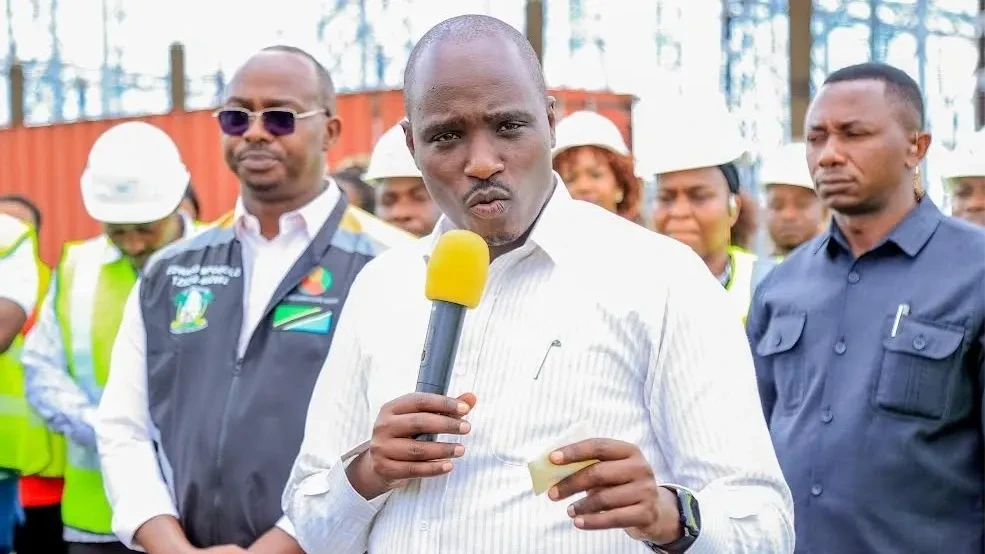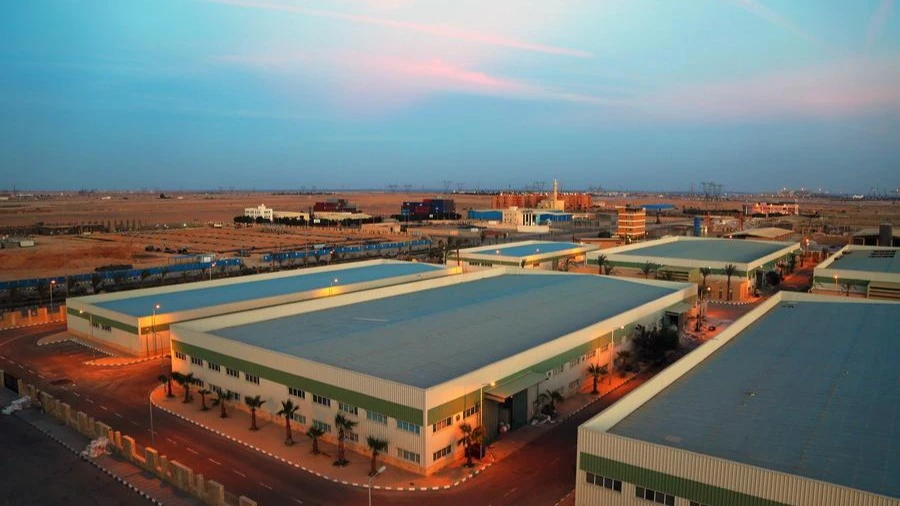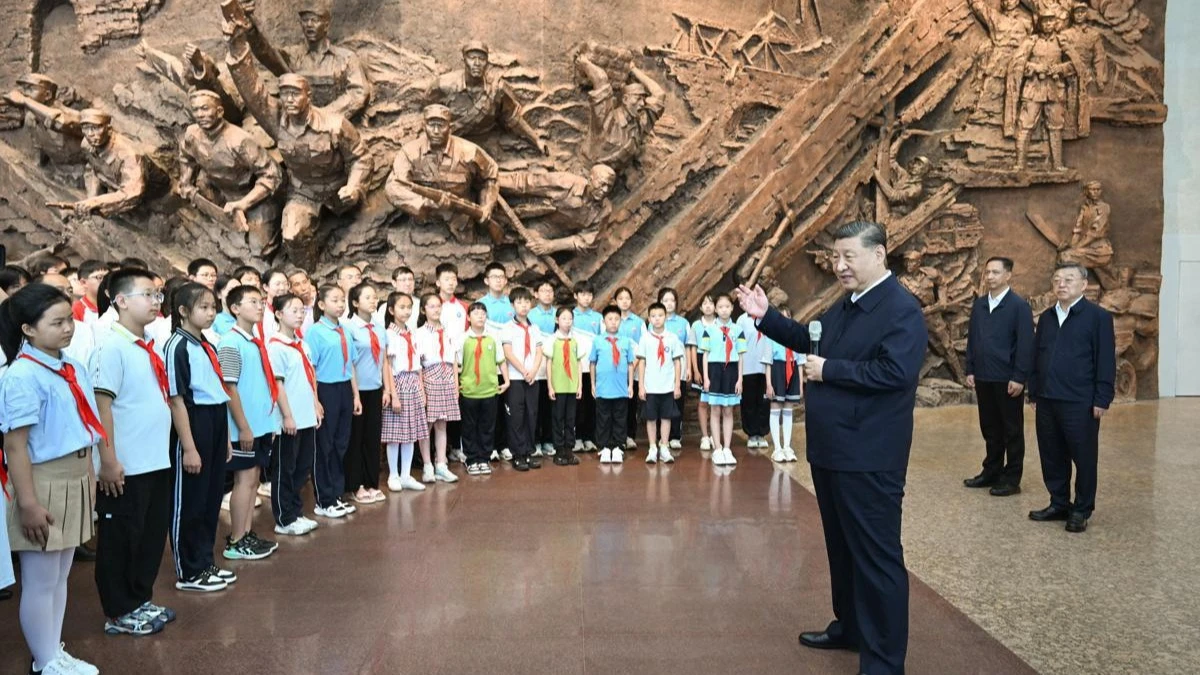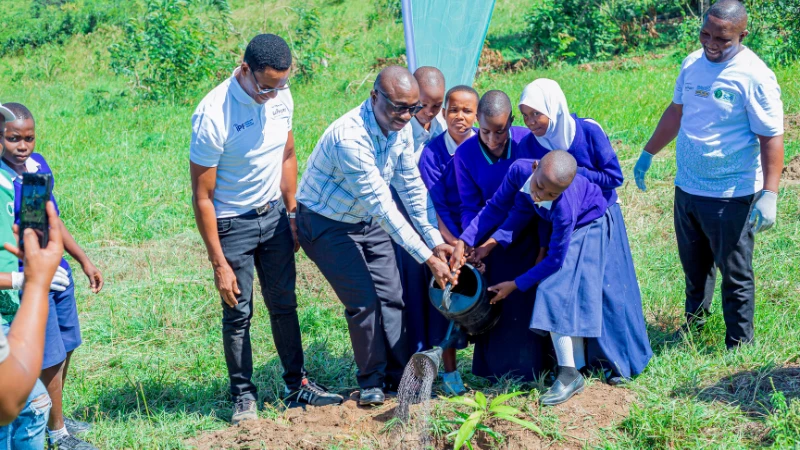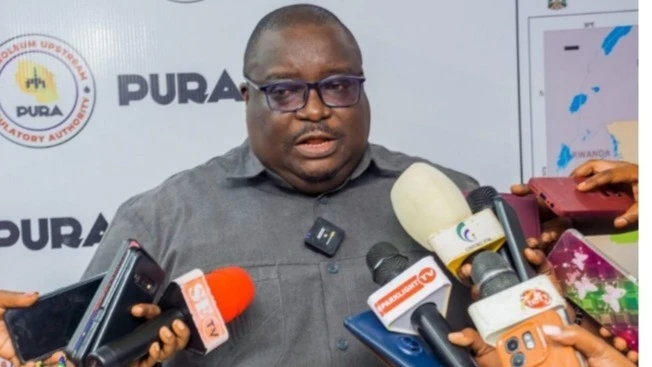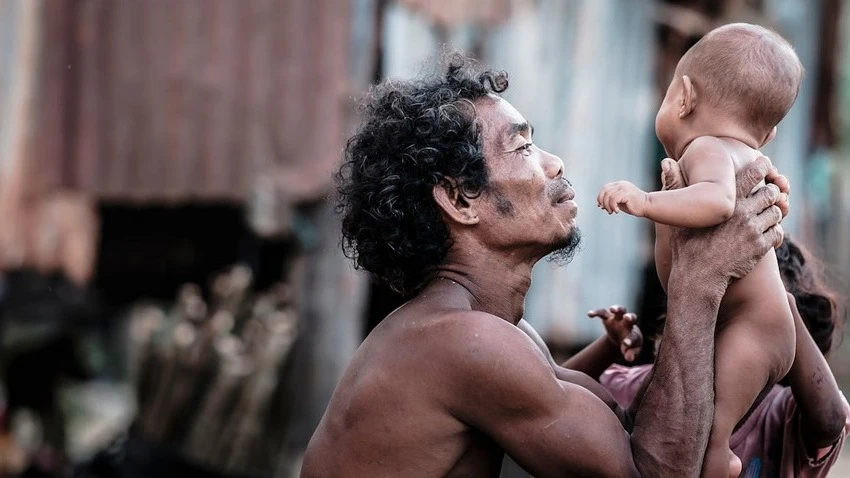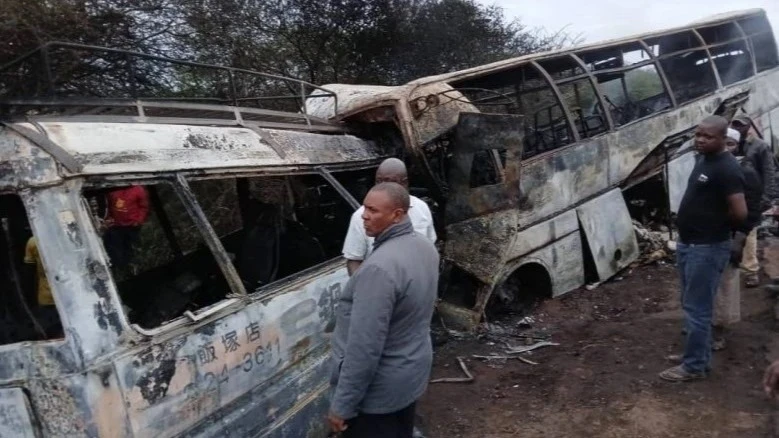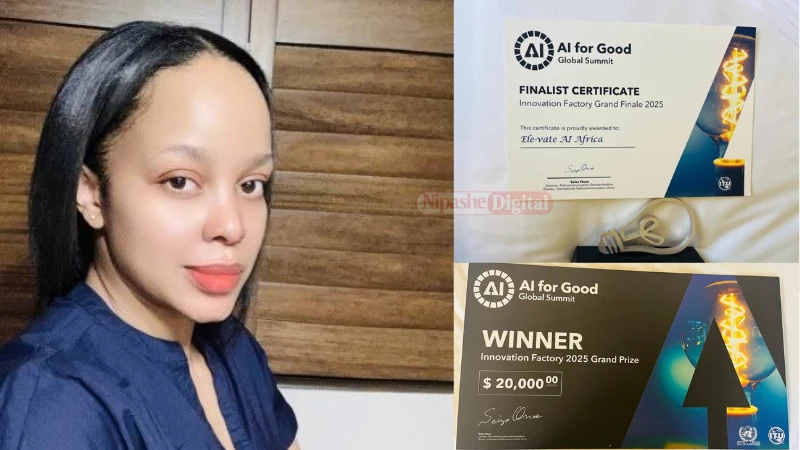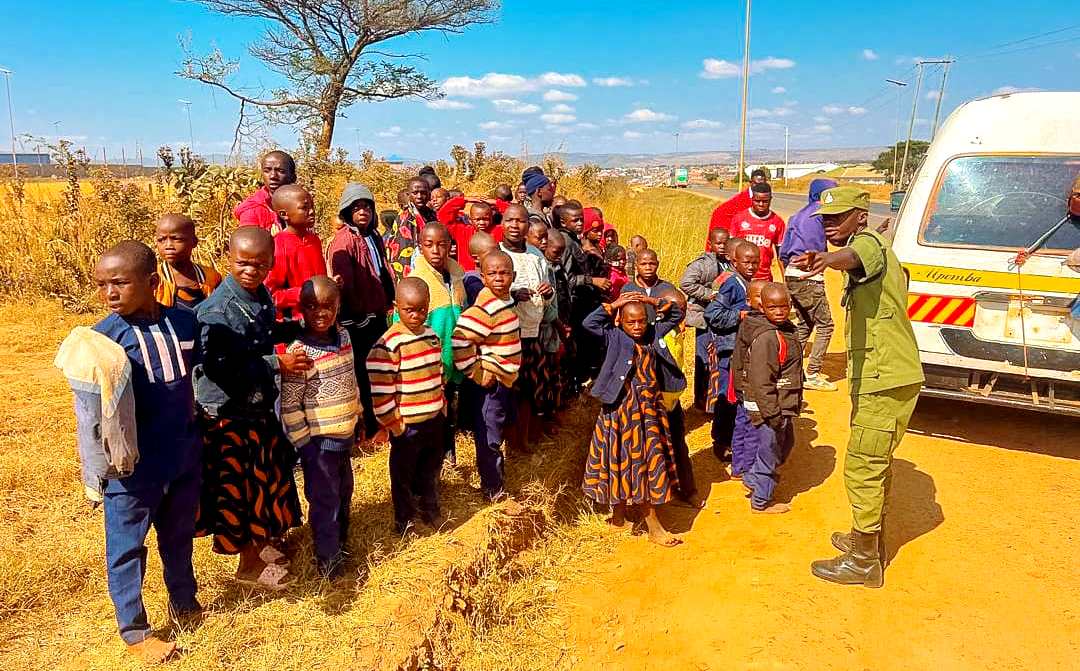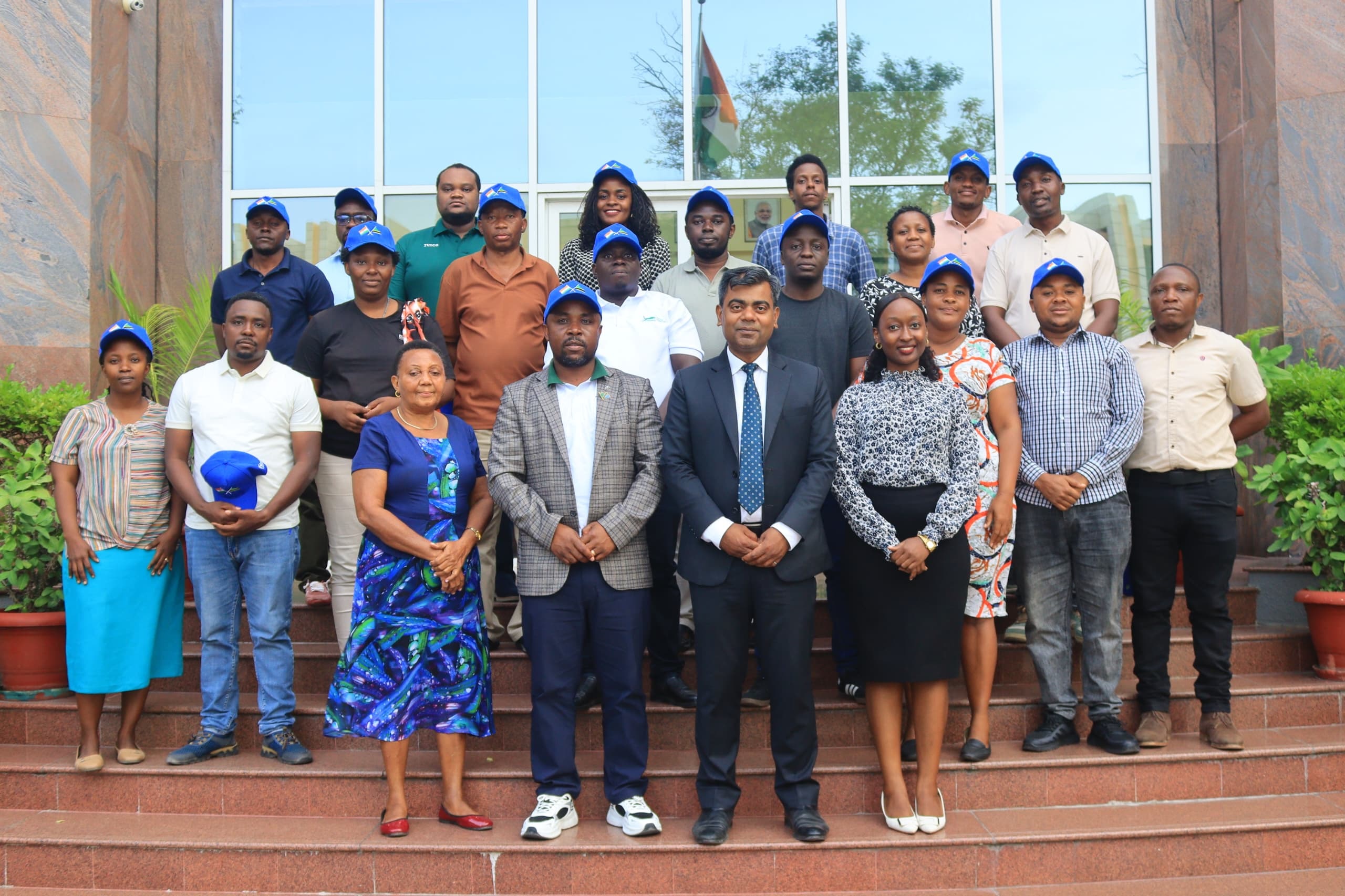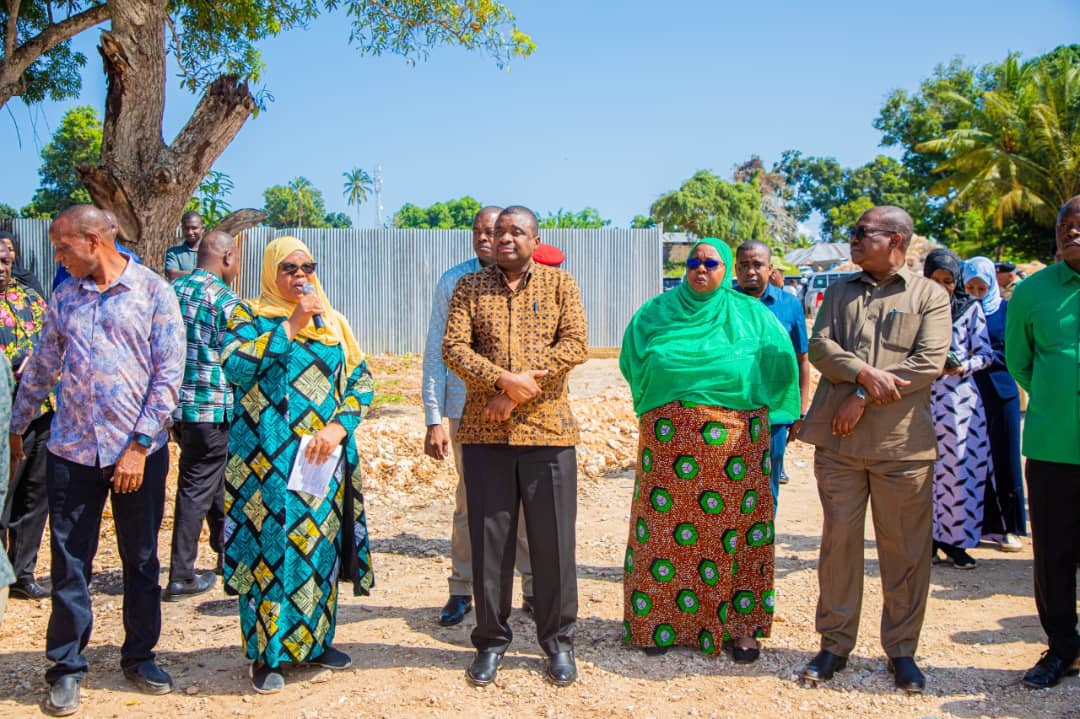Local participation in Oil and Gas sector rises to 85 pct, PURA reports
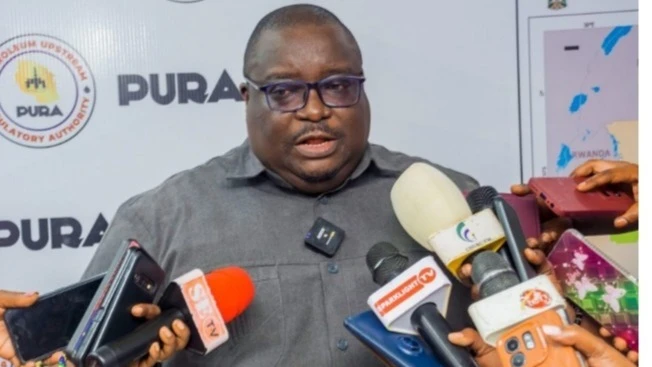
TANZANIA has made major strides in enhancing local participation in the oil and gas industry, with the Petroleum Upstream Regulatory Authority (PURA) announcing that Tanzanian involvement in sector operations has reached an impressive 85 percent.
The milestone was revealed by PURA Director General, Eng. Charles Sangweni yesterday during a media briefing at the 49th Dar es Salaam International Trade Fair (DITF), where PURA is showcasing the country’s progress in upstream petroleum activities and community engagement.
Eng. Sangweni attributed the rise in local participation to deliberate government policies and strategic partnerships aimed at building national capacity and reducing dependence on foreign expertise.
“In 2018, during the initial offshore drilling campaign, a specialized vessel carried 150 workers, only 52 of whom were Tanzanians,” he recalled. “That experience was a turning point. It allowed Tanzanians to gain hands-on exposure in the field, and today, we are seeing the results. More roles that were traditionally reserved for expatriates are now being handled by local professionals.”
Currently, a new exploration and drilling campaign is underway in the southern region of Mtwara, involving three new wells. PURA has made it a priority to ensure that all services that can be sourced locally are awarded to Tanzanian companies, further strengthening the local oil and gas supply chain.
“This isn’t just about increasing numbers,” said Eng. Sangweni. “It’s about building a sustainable ecosystem where Tanzanians are skilled, employed, and empowered to drive the future of our natural resources.”
The Director General also commended the government for its continued investment in oil and gas education. Several universities across the country now offer specialized training in petroleum engineering, geosciences, and environmental management, laying the foundation for a robust domestic workforce in the energy sector.
“We are seeing graduates from these programmes securing internships and jobs in both local and international projects. This is a strategic investment in our future as a gas-producing nation,” he said.
At the ongoing DITF, PURA’s exhibition pavilion has attracted significant public interest, with citizens eager to learn more about the oil and gas value chain, regulatory policies, and investment opportunities.
“We have had a great turnout—people are asking very informed questions. It shows that public awareness is growing, and that’s exactly what we want. A well-informed citizenry is key to ensuring transparency and national ownership of natural resource management,” Eng. Sangweni emphasized.
Beyond upstream activities, PURA is also promoting Tanzania’s clean energy transition. Eng. Sangweni highlighted President Samia Suluhu Hassan’s leadership in championing the use of clean cooking energy, not only as a national priority but also on continental and global platforms.
“This is a vital part of our broader energy agenda. Clean cooking reduces deforestation, improves health outcomes, and aligns with our climate goals,” he said.
He said as Tanzania advances toward becoming a regional energy hub, the government, through PURA, remains committed to ensuring that Tanzanians are not merely observers, but key participants and beneficiaries of the country’s vast natural gas potential.
Top Headlines
© 2025 IPPMEDIA.COM. ALL RIGHTS RESERVED








